-
 Bitcoin
Bitcoin $114200
0.00% -
 Ethereum
Ethereum $3637
0.56% -
 XRP
XRP $2.950
-2.01% -
 Tether USDt
Tether USDt $0.9999
0.02% -
 BNB
BNB $761.0
0.55% -
 Solana
Solana $164.1
-1.38% -
 USDC
USDC $0.9999
0.02% -
 TRON
TRON $0.3332
0.36% -
 Dogecoin
Dogecoin $0.2012
-0.52% -
 Cardano
Cardano $0.7261
-1.41% -
 Hyperliquid
Hyperliquid $37.62
-2.13% -
 Stellar
Stellar $0.3930
-2.65% -
 Sui
Sui $3.441
-0.16% -
 Bitcoin Cash
Bitcoin Cash $563.8
0.70% -
 Chainlink
Chainlink $16.50
0.09% -
 Hedera
Hedera $0.2424
-0.14% -
 Ethena USDe
Ethena USDe $1.001
0.01% -
 Avalanche
Avalanche $22.20
0.00% -
 Litecoin
Litecoin $118.0
-2.48% -
 UNUS SED LEO
UNUS SED LEO $8.991
0.12% -
 Toncoin
Toncoin $3.195
-3.87% -
 Shiba Inu
Shiba Inu $0.00001217
0.12% -
 Uniswap
Uniswap $9.674
-0.21% -
 Polkadot
Polkadot $3.633
1.00% -
 Monero
Monero $295.3
-0.82% -
 Dai
Dai $0.9999
0.00% -
 Bitget Token
Bitget Token $4.321
-0.41% -
 Cronos
Cronos $0.1392
0.73% -
 Pepe
Pepe $0.00001027
-0.89% -
 Aave
Aave $258.5
0.32%
What are the Bybit withdrawal fees?
Bybit's withdrawal fees vary by cryptocurrency and network, so always check the fee and minimum amount before transferring funds.
Jul 10, 2025 at 09:43 am
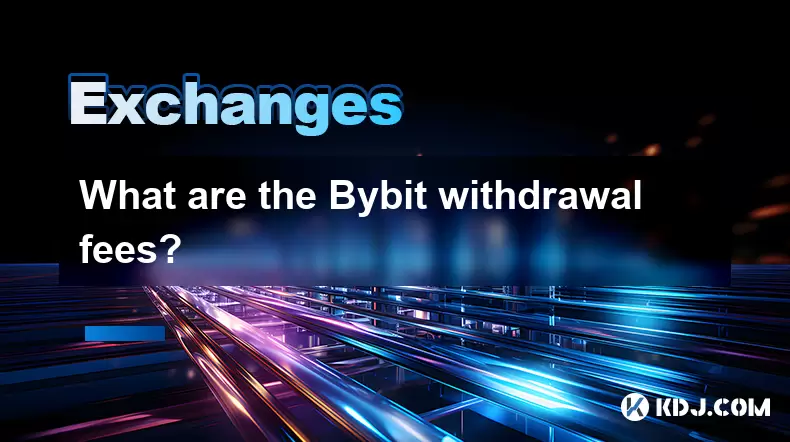
Understanding Bybit Withdrawal Fees
When using a cryptocurrency exchange like Bybit, users often need to move their funds from the exchange to external wallets or other platforms. One of the key aspects that traders must consider is the withdrawal fee structure, which varies based on the cryptocurrency being withdrawn and the blockchain network selected.
Each digital asset on Bybit has its own specific withdrawal fee, determined by the network congestion and transaction costs associated with that particular blockchain. For example, Bitcoin (BTC) withdrawals may cost around 0.0005 BTC, while Ethereum (ETH) withdrawals typically require a fee of approximately 0.005 ETH. These fees are subject to change depending on the current network conditions and Bybit’s internal policies.
It's important to note that these fees are separate from any network fees (gas fees) that might be charged by the blockchain itself.
How to Check Withdrawal Fees on Bybit
To avoid surprises when making a withdrawal, users should always check the current Bybit withdrawal fees for the specific cryptocurrency they intend to transfer. This can be done directly within the user interface.
- Navigate to the Wallet section
- Select Withdraw
- Choose the cryptocurrency you want to withdraw
- The system will display the applicable fee amount and the minimum withdrawal amount
This step ensures that users do not accidentally trigger transactions that could result in losses due to insufficient balance after deducting fees. Some cryptocurrencies also have dynamic fees depending on the selected network (e.g., ERC-20 vs. BEP-20), so selecting the correct one is crucial.
Impact of Blockchain Networks on Withdrawal Costs
One of the most critical factors influencing Bybit withdrawal fees is the blockchain network chosen during the withdrawal process. Most cryptocurrencies offer multiple network options, such as:
- ERC-20 (Ethereum)
- BEP-20 (Binance Smart Chain)
- TRC-20 (Tron)
Each network comes with its own set of transaction fees and speed characteristics. While ERC-20 may provide broader compatibility, it often incurs higher gas fees compared to BEP-20 or TRC-20 networks. However, choosing a cheaper network might compromise speed or reliability.
Users must ensure that the receiving wallet supports the selected network; otherwise, funds may be lost permanently.
Steps to Minimize Withdrawal Fees on Bybit
While Bybit withdrawal fees are generally competitive, there are strategies users can employ to reduce the overall cost of moving funds.
- Choose the Right Network: As mentioned earlier, opting for a network with lower gas fees can significantly reduce the total cost.
- Batch Transactions: If you plan to make multiple small withdrawals, consider consolidating them into a single transaction to save on fees.
- Monitor Network Congestion: During peak times, Ethereum gas fees can spike dramatically. Using tools like Etherscan Gas Tracker can help determine optimal times for withdrawal.
These methods allow users to optimize their fund transfers without compromising security or convenience.
Differences Between Coin and Fiat Withdrawals
It's essential to distinguish between crypto and fiat currency withdrawals, as they come with different fee structures. While crypto withdrawals involve blockchain fees and network charges, fiat withdrawals usually depend on traditional banking systems.
For instance, withdrawing USD via ACH transfer might incur no fees but take several business days, whereas SWIFT wire transfers could cost $10–$50 but offer faster processing times. Bybit currently supports limited fiat withdrawal options, primarily through partnered banks or payment processors.
Always verify the withdrawal method and associated fees before initiating a transaction, especially for large amounts.
Frequently Asked Questions
Q: Can I get a refund for incorrect Bybit withdrawal fees?
A: No, Bybit does not refund withdrawal fees once a transaction has been processed. It is the user's responsibility to confirm all details before submitting a withdrawal request.
Q: Why do Bybit withdrawal fees differ across networks?
A: Different blockchains have varying levels of congestion and operational costs. Bybit adjusts fees accordingly to reflect real-time network demands and ensure successful transaction confirmations.
Q: Are Bybit withdrawal fees fixed or variable?
A: Most fees are fixed, but some may vary depending on network conditions. Users should always check the exact fee at the time of withdrawal, as it can change without prior notice.
Q: How do I know which network to choose when withdrawing from Bybit?
A: Always confirm with your receiving wallet or platform which network it supports. Sending funds via an unsupported network may result in permanent loss of assets.
Disclaimer:info@kdj.com
The information provided is not trading advice. kdj.com does not assume any responsibility for any investments made based on the information provided in this article. Cryptocurrencies are highly volatile and it is highly recommended that you invest with caution after thorough research!
If you believe that the content used on this website infringes your copyright, please contact us immediately (info@kdj.com) and we will delete it promptly.
- EIP-7999: Ethereum's Fee Fixer-Upper – Is This the End of Gas Fee Nightmares?
- 2025-08-06 15:10:22
- Ethereum Withdrawals, Institutional Confidence, and a Potential Price Rally: Decoding the Signals
- 2025-08-06 15:30:12
- Ethereum Reform: EIP-7999 and the Quest for Fee-less Crypto?
- 2025-08-06 15:30:12
- XRP, MAGACOIN FINANCE, and Ethereum: What's Hot in the Crypto World?
- 2025-08-06 15:35:12
- Unilabs, Ethereum, and Dogecoin: Navigating the Crypto Landscape
- 2025-08-06 15:35:12
- ETH, BTC, XRP: Navigating Crypto Volatility and Spotting the Next Big Thing
- 2025-08-06 15:40:11
Related knowledge
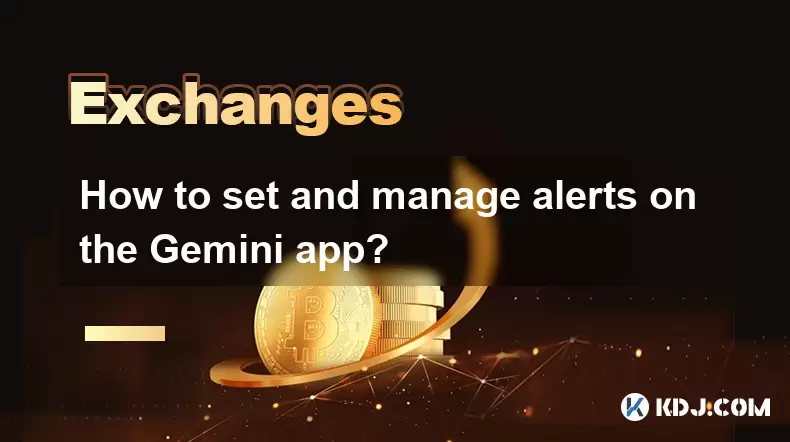
How to set and manage alerts on the Gemini app?
Aug 03,2025 at 11:00am
Understanding the Gemini App Alert SystemThe Gemini app offers users a powerful way to stay informed about their cryptocurrency holdings, price moveme...
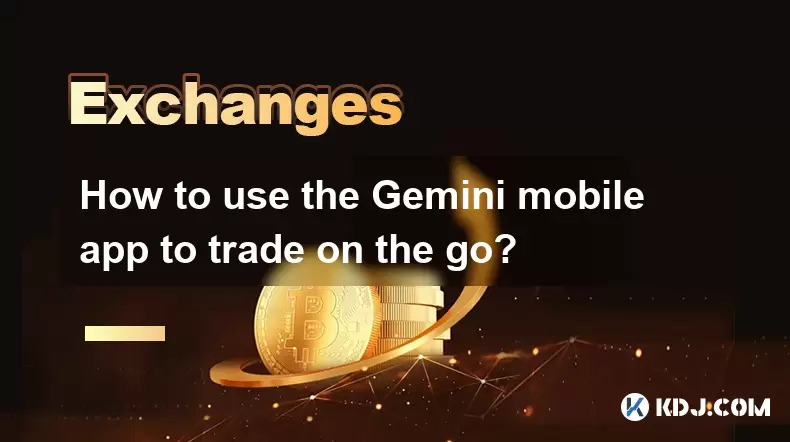
How to use the Gemini mobile app to trade on the go?
Aug 04,2025 at 09:14am
Setting Up the Gemini Mobile AppTo begin trading on the go using the Gemini mobile app, the first step is installing the application on your smartphon...
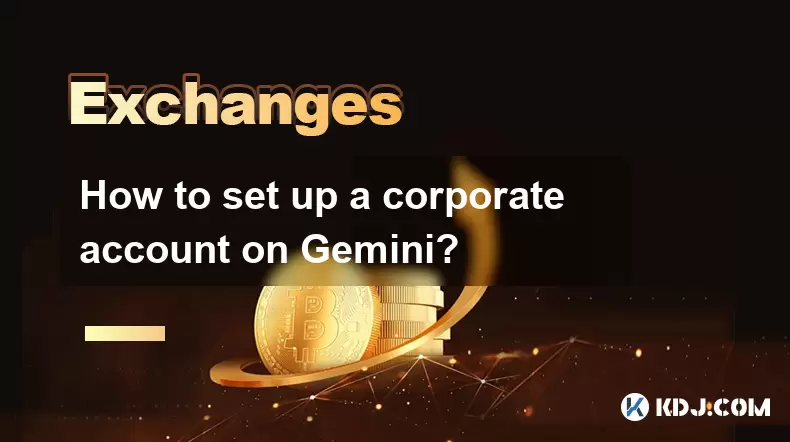
How to set up a corporate account on Gemini?
Aug 05,2025 at 03:29pm
Understanding Gemini Corporate AccountsGemini is a regulated cryptocurrency exchange platform that supports both individual and corporate account crea...
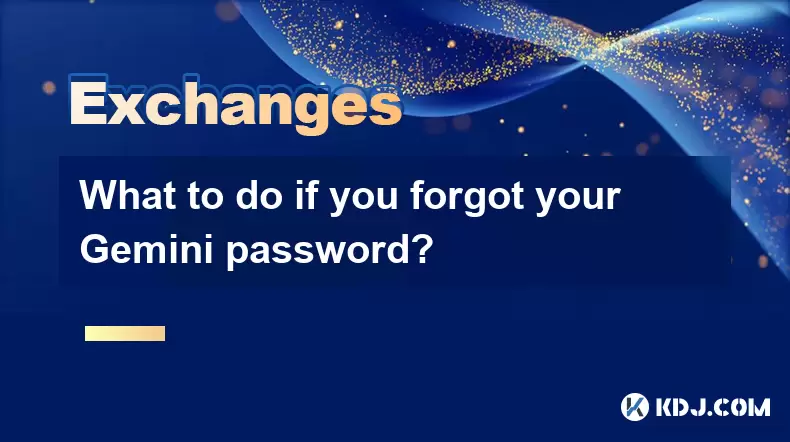
What to do if you forgot your Gemini password?
Aug 04,2025 at 03:42am
Understanding the Role of Passwords in Gemini AccountsWhen using Gemini, a regulated cryptocurrency exchange platform, your password serves as one of ...
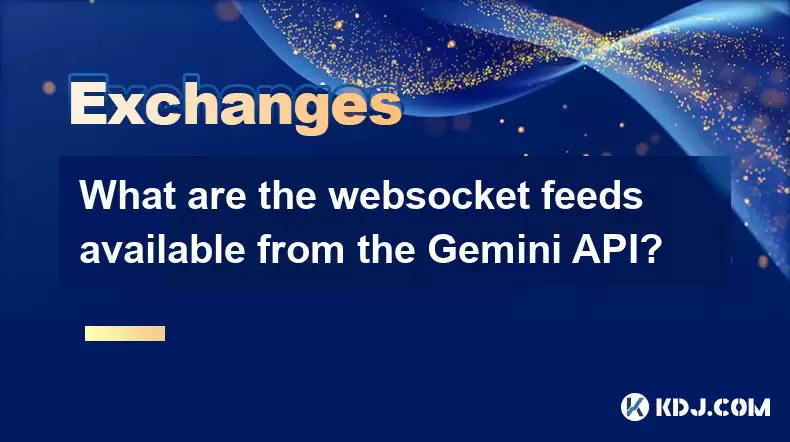
What are the websocket feeds available from the Gemini API?
Aug 03,2025 at 07:43pm
Overview of Gemini WebSocket FeedsThe Gemini API provides real-time market data through its WebSocket feeds, enabling developers and traders to receiv...
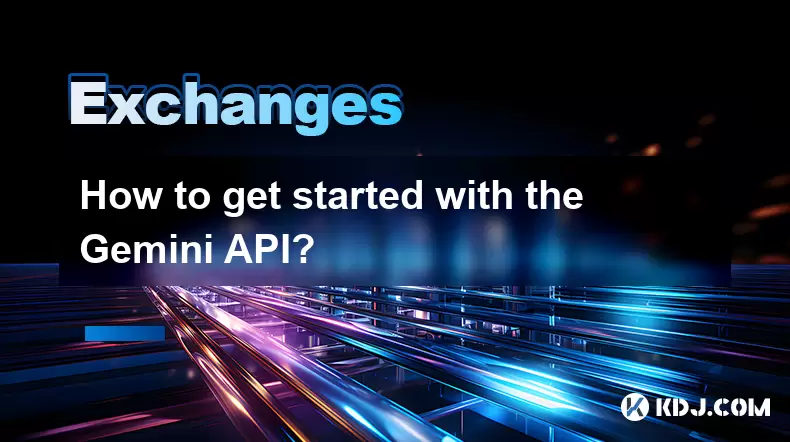
How to get started with the Gemini API?
Aug 05,2025 at 12:35pm
Understanding the Gemini API and Its PurposeThe Gemini API is a powerful interface provided by the cryptocurrency exchange Gemini, enabling developers...

How to set and manage alerts on the Gemini app?
Aug 03,2025 at 11:00am
Understanding the Gemini App Alert SystemThe Gemini app offers users a powerful way to stay informed about their cryptocurrency holdings, price moveme...

How to use the Gemini mobile app to trade on the go?
Aug 04,2025 at 09:14am
Setting Up the Gemini Mobile AppTo begin trading on the go using the Gemini mobile app, the first step is installing the application on your smartphon...

How to set up a corporate account on Gemini?
Aug 05,2025 at 03:29pm
Understanding Gemini Corporate AccountsGemini is a regulated cryptocurrency exchange platform that supports both individual and corporate account crea...

What to do if you forgot your Gemini password?
Aug 04,2025 at 03:42am
Understanding the Role of Passwords in Gemini AccountsWhen using Gemini, a regulated cryptocurrency exchange platform, your password serves as one of ...

What are the websocket feeds available from the Gemini API?
Aug 03,2025 at 07:43pm
Overview of Gemini WebSocket FeedsThe Gemini API provides real-time market data through its WebSocket feeds, enabling developers and traders to receiv...

How to get started with the Gemini API?
Aug 05,2025 at 12:35pm
Understanding the Gemini API and Its PurposeThe Gemini API is a powerful interface provided by the cryptocurrency exchange Gemini, enabling developers...
See all articles

























































































